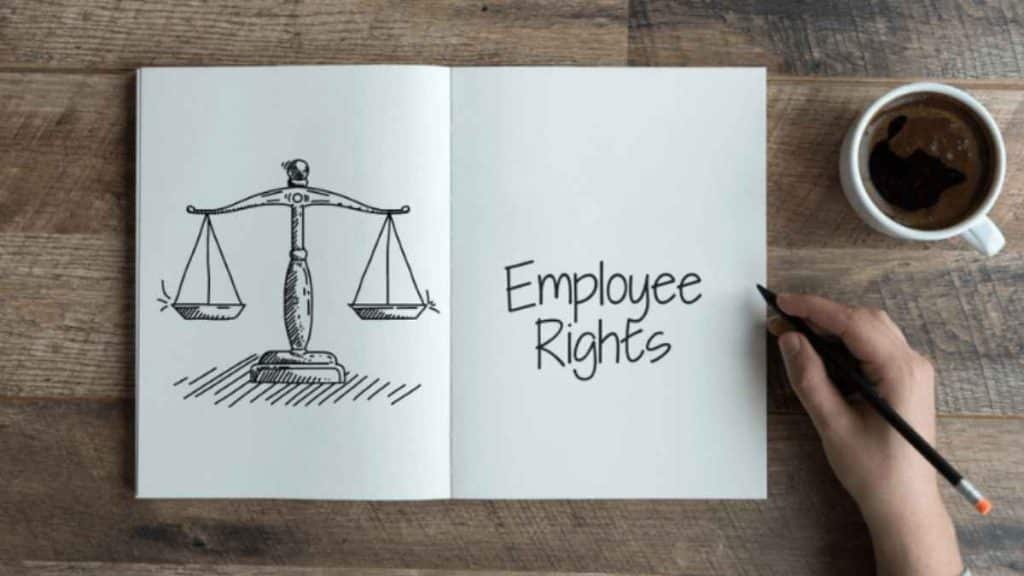Introduction
When it comes to your job as an employee, you’re entitled to certain rights — or at least that’s what the National Labor Relations Act of 1935! Hayber, McKenna, & Dinsmore works to ensure that all of our employees know their rights as workers in the United States. They believe that it is just as important to protect the rights of employees as it is to protect the rights of businesses, which is why they are committed to providing practical and useful information about employee rights in the workplace. Below are the dos and don’ts of employee rights in the workplace that lawyers recommend for all workers to follow when dealing with their employers in order to avoid legal trouble or other difficulties on the job.
The Do’s
- You can take your lunch break at any time, as long as it is within your work hours.
- You are allowed to visit the restroom when you need to, but you are not allowed to talk or communicate with anyone else during this time.
- If you do have a complaint about anything, let your manager know and they will address it accordingly.
- You are never obligated to work overtime unless agreed upon by both parties.
- Overtime work should be compensated accordingly. Lastly, on days off, it is important to rest so that you are able to perform your best while on the job.
The Don’ts
- Harassment – It is illegal to harass someone at work because of their gender, sexual orientation, race, or disability. Employers are obligated to provide employees with a safe workplace and must take all complaints seriously.
- Safety – Employers must maintain a safe working environment for employees by following OSHA regulations.
- Discrimination – Discrimination occurs when an employer treats one employee unfairly based on certain characteristics such as gender, religion, age, ethnicity, etc.
Conclusion
It is important to know your rights as an employee so you can be aware of what you are entitled to. You can also use this knowledge to protect yourself when employers don’t fulfill their obligations. Employers who do not follow employment laws may be liable for damages, but it will depend on each individual case. I hope that this blog has been helpful and that you have gained a greater understanding of your rights as an employee. If any points are unclear or if there is anything that was missed, please feel free to leave a comment below.

